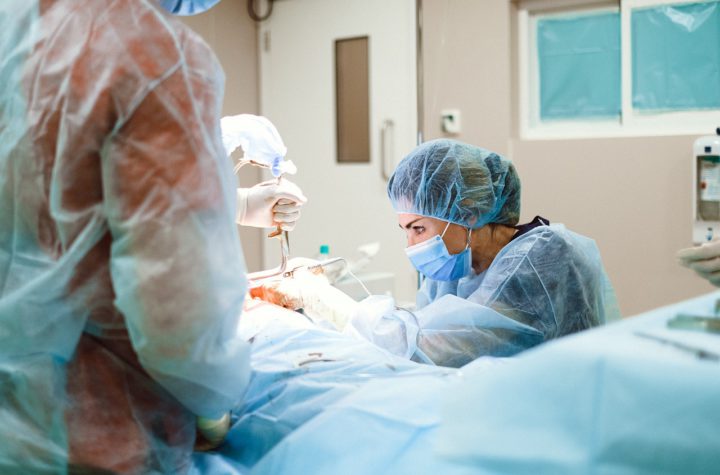
Across the world, we are seeing many people struggling with the return to a kind of normality following the Covid 19 pandemic. After weeks, if not months, in a type of isolation during the numerous lockdowns, many are finding a transition back to frequent social interactions more troublesome than we might have expected. Both a combination of lasting mental impacts and also a continued fear of the virus is leaving many people, young and old, finding themselves avoiding social events. This anxiety, whilst totally understandable, is just another way this horrendous event is leaving lasting marks on people it hasn’t even touched.
Now that we’re seeing more normality, a luxury barely lost in our lucky northern and far western states, it’s time to start thinking of ways you can lower your stress levels, and we assimilate once again. It is important at this time to treat yourself with as much care and understanding as you can and to offer that same compassion to those around you. Guaranteed if your friends and family are experiencing residual anxiety post-Covid, it has absolutely nothing to do with you, and it should not be taken personally. If you’re finding yourself frequently overwhelmed or stressed by things that didn’t bother you before then it may be worth seeking some professional help. That being said, it is widely known that securing a therapist is currently quite difficult due to the increase in demand. If that is the case, you may want to look into ways to help support your mental health at home. That could look like a self-care night once a week or perhaps an extra day at the gym. If you’re feeling up to it, many people find meditation and yoga very helpful when managing an excess of stress and anxiety.

Don’t rush yourself either. Take things slow and ease yourself back into things rather than diving in headfirst. This might mean saying no to some things you might want to say yes to. If you’re not ready to be back in large crowds, then perhaps make suggestions to friends and family to move your catch up to the home or make plans to head away from more populated areas to one that may make you feel more comfortable. It may help to remind yourself that many places do have restrictions on numbers. Exhibition display services, such as Art Galleries and Museums, are great if you want to get out and do something but not be in large crowds. If endless paintings and welded wire mesh in an airtight cabinet isn’t your scene, you might prefer instead to meet with friends for a picnic or simply take a book with you to your local park. Over time, you will undoubtedly find that your comfortability outside of your house will grow, and you’ll be back to bustling bars and restaurants before you know it.
If you’re fortunate enough to have the ability, reassessing your living situation and or career can relieve quite a bit of Covid related stress. Many industries are still working from home and likely will continue to do so in some capacity going forward. If you’re currently working in a high pressure or high-risk position that is causing you to feel unsafe or anxious, it may be time to make a career change whilst staying away from industries such as health care that have the highest exposure. The last thing you need is to be worrying about using an air compressor when you’re on your last nitrogen generator. If you currently live in a busy city, which is causing a rise in your stress, it may be worth looking to move. Understandably, this isn’t an option for many as the costs and implications that go with moving are often quite high; however, if you are able, you might find that the change in scenery will help to ease your worries in the new real world.
As children return to in-person learning, this can cause an increase in concern in parents regarding both their child’s exposure to many different people on a daily basis and that their child may bring Covid home with them. This extra anxiety can be extremely difficult as it is so important that the child is socialised and educated, but it also might feel that we are putting little ones at risk to achieve this. Ensuring your child has a sound understanding of the importance of handwashing and similar habits that can reduce the likelihood of infection will help ease that stress. Discussing your concerns with the school, kindergarten or nursery your child attends and asking them what procedures they have in place will also likely provide you with peace of mind as they are probably doing more than you realise. In addition, you may also find it helpful to discuss your concerns with like-minded parents and friends – as they say, a problem shared is a problem halved, and this may be just what you need to reduce those real-world woes.
At the end of the day, this pandemic has disrupted our lives, stolen many of our jobs and taken us away from those we love. Even if you have been lucky enough not to be directly infected or to have lost anyone you love, it is very understandable that this disaster will have impacted many of us deeply. Feeling stressed about returning to real life is perfectly natural, and it is very important not to put yourself down for it. While staying in our bubbles might seem safe and familiar, you will no doubt find yourself feeling back to normal and returning to your old life before you know it. It is unlikely you are the only person you know who is having these struggles and voicing your concerns to those around you is all but guaranteed to lift at least a little of the pressures associated with this next big change we are experiencing.




More Stories
2021 Most Popular Plastic Surgeries
Planning your Halloween Costume
Hobbies to pick up in 2021